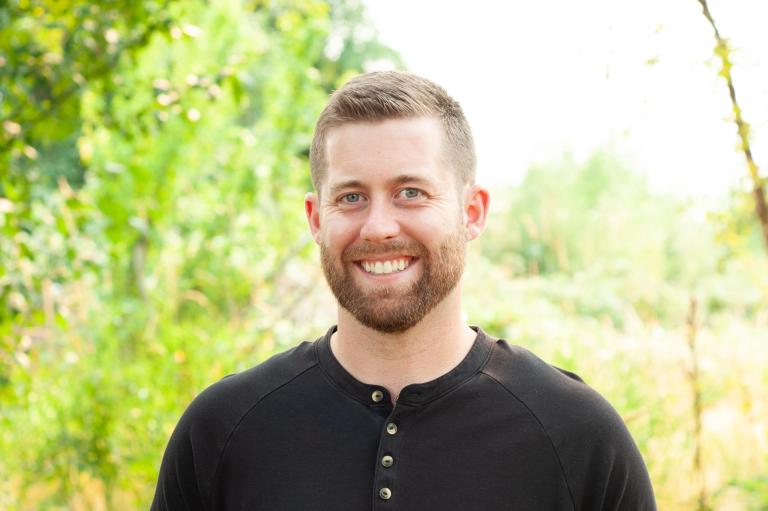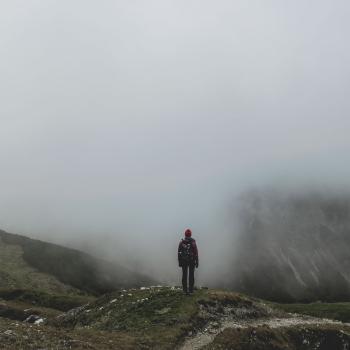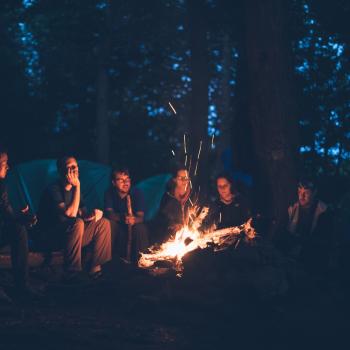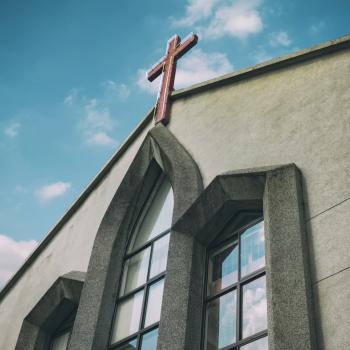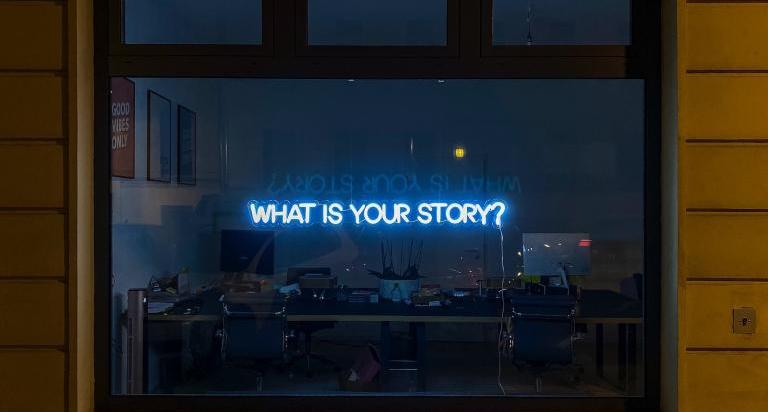
When I became a teacher, I was trained in a pedagogy and a teaching style known as project-based learning. The idea is simple: people learn best through hands-on engagement rooted in real-world issues, so let’s create opportunities for that in school settings.
If you were to walk into my classroom, you would see teams of high school students at work researching a local issue (such as gentrification), proposing small scale and large scale solutions, building prototypes for those solutions, and presenting them to guest experts from the industry.
One year, a student built an underwater drone in his bathtub that could filter oil from water. (His mother was furious when he dumped a liter of vegetable oil into the tub – on the other hand, his mess helped him test his own brilliance.) Another year, my students filled the entire class with 3-dimensional models of neighborhoods redesigned to increase population density without causing further displacement of current residents or businesses. Who said history classes have to be boring?
It all starts with a question
Each project starts with what we call a driving or guiding question – it’s what gets the project going and helps students know what direction to go. These questions are what they sit with as they research, design, predict, propose, build, test, and present their work. They require research to understand, are open-ended, and have many possible answers.
How might we reduce homelessness in the Seattle area?
How can we develop neighborhoods to increase density without causing displacement?
These questions aren’t just “what kids answer to get the grade.” They are the lifeblood of a project, stoking a student’s curiosity and creativity so that something entirely new might bloom.
And while I love talking about project-based learning – that’s not the point here.
The point is this: questions are vital for us – for our learning, for our exploring, for our creativity, for our spiritual development, and for our community development.
In fact, there is a saying in community organizing circles: questions are more important than answers!
It is through the act of questioning that we understand more and more about the world around us and the world within us. In the classroom, beginning each project with a question isn’t about getting the right answer; we start with a question because it’s through the process of working with the question that students learn about themselves, how they think, and how they see the world!
What is the role of questioning in your life?
Again and again I see and experience that questions can serve as the essence of our creativity formulated into one single line of text: “how might we…?”
There is so much potential power-packed into a question, I wonder what might happen if we leaned into this part of ourselves and our creativity. What if we started each day with a question?
Take a moment to think about your own life. What role does questioning play for you? What were you taught about asking questions? Are there spaces in your life where asking questions isn’t allowed or encouraged? Why? (Feel free to share your thoughts in the comments!)
If you’re a spiritual leader or business executive, how are you emboldening your group of folk to ask good questions? How are you creating space and time for them to process these questions, both alone and together?
If you’re a parent or caregiver, how are you modeling the asking of questions? I know kids want answers now; how are you encouraging them to sit in the unknown without immediate answers?
Or perhaps you have questions of your own about life, love, and what being alive really means. How are you fostering these questions? Rather than running to find the answers, how are you walking and sitting with these questions, providing them time and space to work in you?

